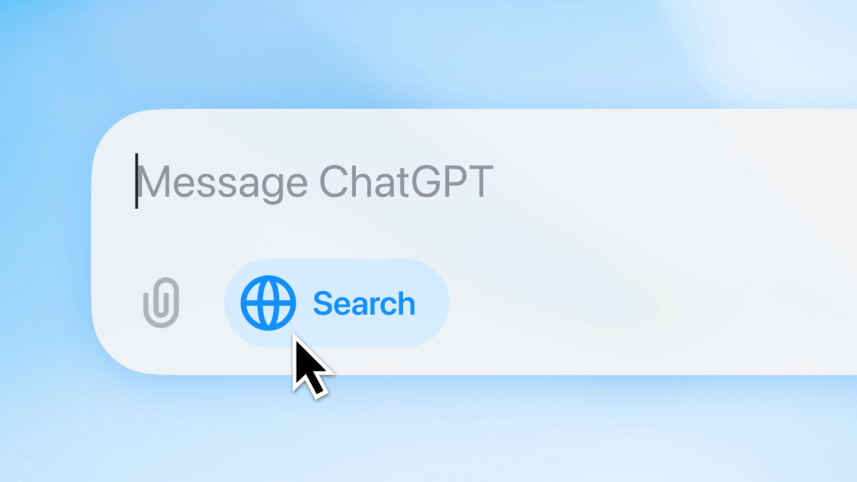Talking with AI can help reduce stress: studies show

In an era where artificial intelligence (AI) is becoming increasingly integrated into daily life, its impact on mental health and emotional well-being is garnering attention. Two peer-reviewed studies, one published in November 2024 and one in October 2023, shed light on how interacting with AI chatbots can help people manage stress, express emotions, and even improve their overall emotional health.
AI as a tool for emotional venting
A study titled 'AI as Your Ally: The effects of AI-assisted venting on negative affect and perceived social support', published in November 2024 in the journal Applied Psychology: Health and Well-Being, explored the effects of AI-assisted venting on emotional well-being. Researchers conducted an experiment with 150 participants, comparing the effects of venting emotions to an AI chatbot versus traditional journaling.
The findings revealed that venting to an AI chatbot was effective in reducing negative emotions like anger, frustration, and fear, particularly those with medium to high intensity. However, unlike journaling, talking to an AI did not significantly increase feelings of social support or reduce loneliness. This suggests that while AI can help alleviate negative emotions, it may not fully replace the sense of connection that comes from human interaction.
"Participants benefited emotionally from AI-assisted venting, but they didn't necessarily perceive it as a form of social support," the researchers noted.
Cultural perspectives of AI
In another study, 'The Potential of Chatbots for Emotional Support and Promoting Mental Well-Being in Different Cultures', published in October 2023 in the Journal of Medical Internet Research, researchers analysed over 150,000 conversations on SimSimi, an AI chatbot app.
In the study, the researchers examined how users from Western countries (Canada, the United Kingdom, and the United States) and Eastern countries (Indonesia, India, Malaysia, the Philippines, and Thailand) expressed emotions like sadness and depression.
The study found significant cultural differences in how people use chatbots for emotional support. Eastern users were more likely to express stronger emotions, including sadness, while Western users more frequently broached sensitive topics like mental health, death, and the use of swear words.
Interestingly, people were more open to sharing vulnerable emotions like sadness and depression with chatbots than on social media. Nearly half of all conversations analysed involved users expressing depressive or sad moods to chatbots (49.83%), compared to only 7.53% of similar expressions on social media platforms.
The researchers emphasised that users valued chatbots for creating a "safe space" where they felt comfortable expressing emotions without fear of judgment. However, chatbots were less likely to provide the kind of interactive social support users might seek on platforms like social media.
Why chatbots are effective
Both studies highlight the unique advantages of AI chatbots in mental health support. Unlike humans, AI chatbots are available 24/7, providing an outlet for people who might hesitate to share their feelings with others. They offer a nonjudgmental environment, fostering a sense of safety and anonymity.
However, the studies also point to some limitations. While chatbots can reduce negative emotions and provide an outlet for self-expression, they cannot fully replicate the empathy and nuanced understanding of human interactions.
The future of AI in mental health
As AI technology evolves, researchers and developers are working to enhance chatbots' ability to support mental health. For instance, incorporating active listening skills and tailoring responses to users' emotional needs could make interactions more meaningful. Both studies demonstrate the importance of improving chatbot design to address users' emotional and psychological needs better.
In the words of the team behind the AI as Your Ally study, "AI can play a promising role in improving emotional well-being, but it is not a replacement for human connection."
With more people turning to AI for emotional support, these findings spark a broader conversation about the role technology can play in mental health care. While AI chatbots won't replace therapists or friends, they offer an accessible and helpful tool for managing stress and expressing emotions, especially in moments when human support isn't available.
 For all latest news, follow The Daily Star's Google News channel.
For all latest news, follow The Daily Star's Google News channel.
Comments